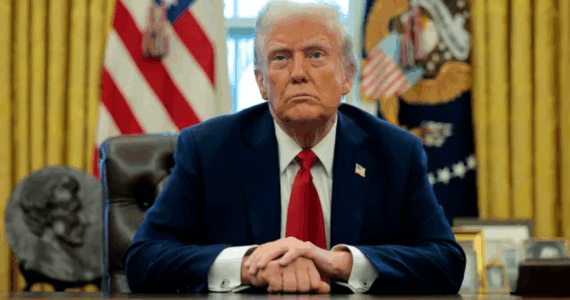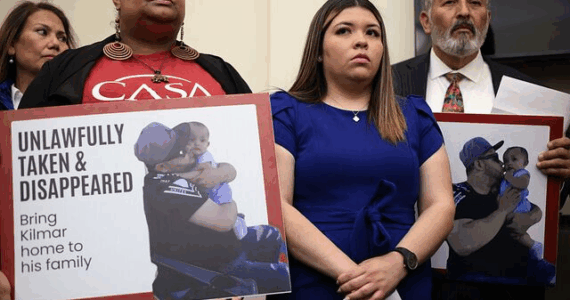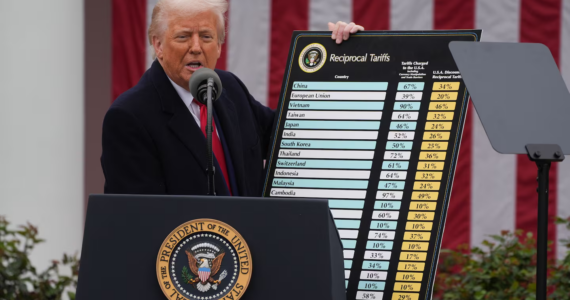Former President Donald J. Trump, now President-elect after his 2024 presidential election victory, continues to make history—not only for his political comeback but also for being a convicted felon. Trump’s convictions include falsifying business records connected to hush money payments during his 2016 campaign. Despite these legal challenges, his win highlights the enduring support of his voter base and raises critical questions about the intersection of felony convictions and political eligibility.
Trump’s Convictions and Presidential Bid
Trump’s felony convictions carry significant legal weight but do not disqualify him from holding the presidency. The U.S. Constitution does not prohibit individuals with felony records from seeking or serving in federal office. State-level laws, however, vary widely on voting and candidacy rights for felons. In some states, felons regain their rights post-sentence, while others impose lifetime bans unless clemency is granted.
This situation has reignited discussions on the balance between constitutional protections and public trust. Trump’s ability to run for office contrasts with societal expectations of integrity in leadership, further complicating public perceptions.
Felony Rights: State-by-State Disparities
The rights of convicted felons differ dramatically across the U.S., with notable disparities tied to wealth and race. States like Vermont and Maine permit incarcerated individuals to vote, while others, such as Florida, impose barriers even after release. These restrictions disproportionately affect Black Americans due to systemic racial disparities in incarceration rates.
Wealth also plays a key role. Trump’s financial resources allowed him to navigate legal systems and maintain political viability, while many less affluent individuals struggle to regain basic rights after felony convictions. This disparity underscores broader inequities in how the justice system applies felony-related restrictions.
Rethinking Felony Restrictions
Trump’s ability to secure the presidency despite his felony record stands in stark contrast to the barriers faced by ordinary citizens with similar legal histories. Advocates for criminal justice reform argue that current restrictions perpetuate inequality, inhibit reintegration, and unfairly disenfranchise marginalized communities.
As calls for reform grow louder, petitions urging state and federal governments to reassess and abolish certain felony restrictions are gaining traction. Proponents emphasize that equitable rights restoration can strengthen democracy and foster fairness.
Your Thoughts?
Does Trump’s case highlight systemic inequality in how felony convictions impact individuals? Should states and the federal government reform restrictions on felons? Share your perspective in the comments!
Follow MEFeater on Twitter, Instagram, Facebook, and Pinterest for more news and updates










